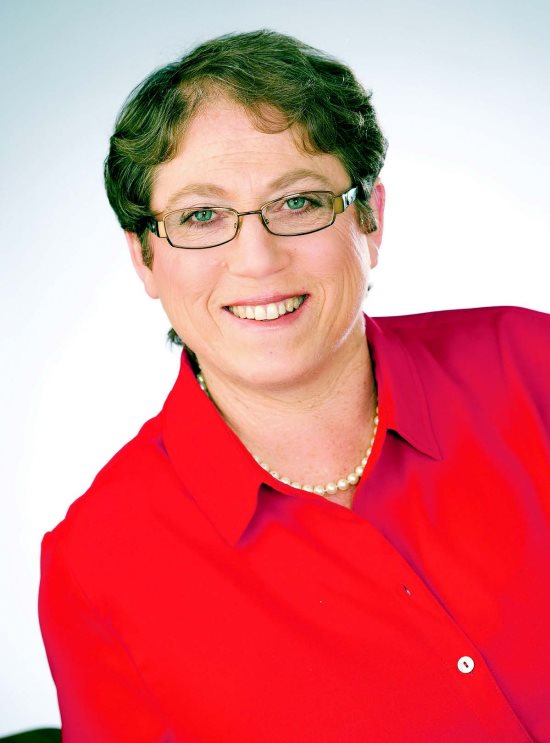
| ||||||
1) Support the charitable organizations that matter most to you: No matter your political affiliation, I think all sides of the aisle can agree that now more than ever it's time to roll up our sleeves and support the causes we treasure. Whether you have time or money, even pennies or half hours can be profound. If we learned nothing else this past November, it's the importance of even just one person doing just one thing.
2) Financial literacy for families: When they run out of money in Washington because of overspending, do they just print more? Well we can't. We need to teach our children that money doesn't just come out of an ATM for no reason. Set aside even a few hours weekly to teach our children some basic financial skills such as: budgeting, how to open a bank account and save money, how to balance a check book, how to plan for future and larger expenses, how to read bank and even investment statements. It's not possible to start too young. A 2-year-old can buy an apple, hand a dollar or two to a vendor, receive change and put that in a piggy bank. Teach your older children about career choices and earning power. These future adults need our time now to become fiscally savvy future citizens and leaders, maybe even in Sacramento and Washington.
3) Understand your tax return: Whether or not you prepare your own tax returns and complete the forms, you should understand what's on them. Work with your advisor or research and read on your own. Either way, that knowledge can help you craft a more intelligent and well managed fiscal life and guide you toward making better financial decisions. As new tax laws are created, you'll be ahead of the curve and have the ability to plan appropriate tax moves.
4) Is it time for a career change? An uncertain political and fiscal environment can be a nerve wracking time to decide to toss it all to the wind and change course. However, it's a great time to start looking into other opportunities and what you might find more rewarding. Set up informational interviews with those in careers you feel you might prefer. Look into the education and experience you'll need to have in place. Think about the financial reserves needed to make change financially viable. Discuss the possible risks and rewards with your family and listen to their input. Work with your team of advisors for objective clarity before you make final decisions.
5) Read your property and casualty insurance policies and schedule a phone or in-house check up with your agent(s): It's tempting to toss the annual paperwork that our property and casualty insurance companies send us in a drawer with barely a glance. We're busy and the pages upon pages are overwhelming. So, call your agent! Or send an email and ask them for a review. My favorite questions to ask are: What's changed since last year that I should know about; what would you do differently than I am if our situations were the same; and what have other clients with situations similar to mine experienced in the event of a claim? While building financial security, take time to check out these key components of your fiscal foundation.
Best motto for today's world? Be a curious, proactive citizen and don't become paralyzed by the current uncertainty in the air. Even if big ideas in your life (such as whether or not to sell a large property) might be on hold awaiting possible tax law changes, there is still so much you can tend to. Time may be our most precious commodity and you don't want to waste a single drop of yours.
Reach the reporter at:
